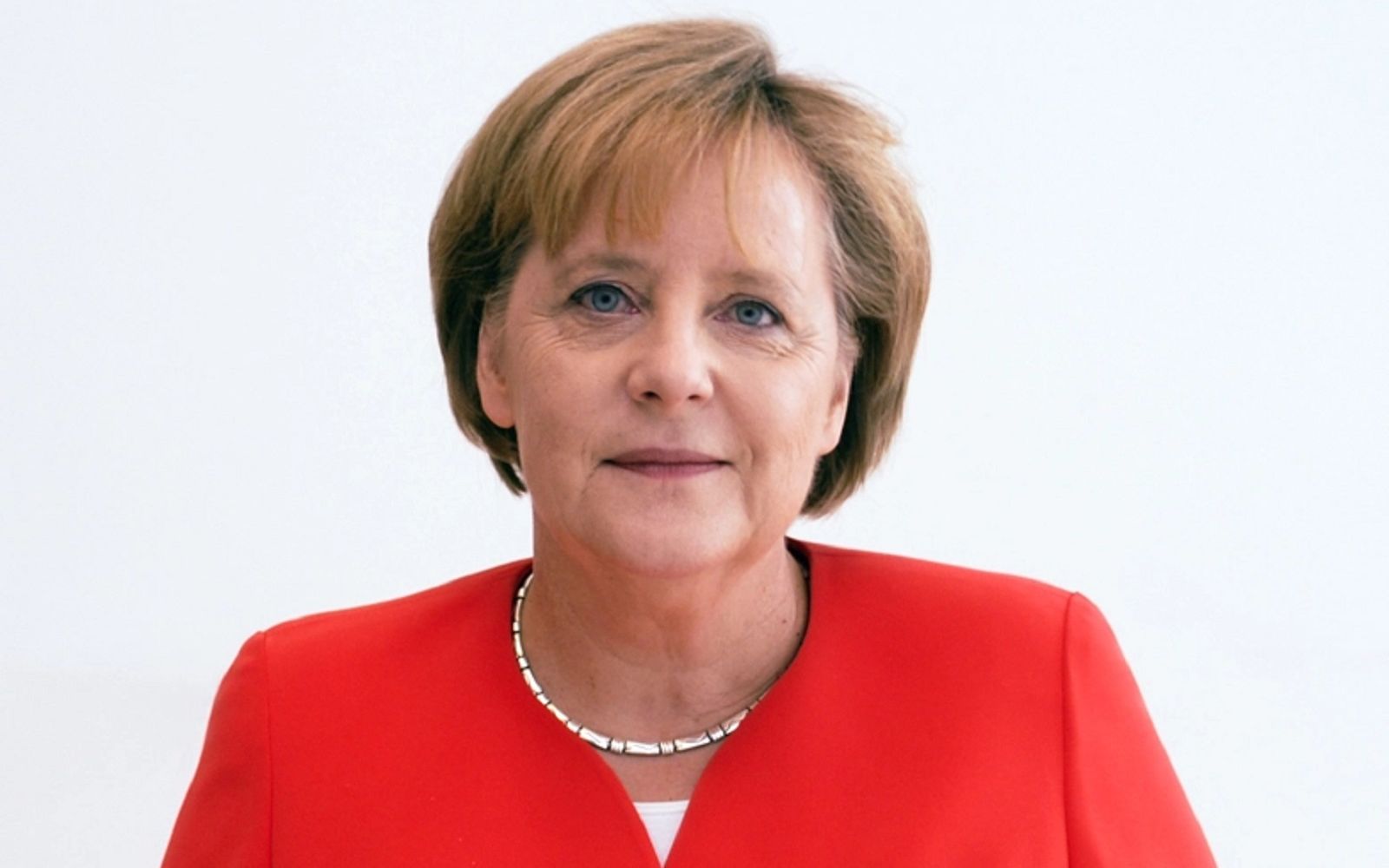Angela Merkel is the new president of the Gulbenkian Prize for Humanity jury

This is the first position accepted by Merkel since leaving office in December 2021. Angela Merkel takes over from Jorge Sampaio, who has presided over the jury ever since its first edition. The Gulbenkian Prize for Humanity jury members are Miguel Bastos Araújo (Research Professor at the National Museum of Natural Sciences in Madrid and Tenured Professor in Bio-geography at the University of Évora, winner of the Pessoa Prize in 2018), Hans Joachim Schellnhuber (Founder and Emeritus Director of the Potsdam Institute of Research into Climatic Impacts and Emeritus Professor at the University of Tsinghua in China), Johan Rockström (Director of the Potsdam Institute of Research into Climatic Impacts and Professor of Earth System Science at the University of Potsdam), Miguel Arias Cañete (former European Commissioner of Energy and Climate Action), Rik Leemans (Director of the Environmental Systems Analysis, University of Wageningen and chief-editor of the international journal Current Opinion in Environmental Sustainability), Runa Khan (Founder and Executive Director of the NGO Friendship and President of Global Dignity Bangladesh) and Sandra Díaz (Biologist, Professor of Ecology at the National University of Córdoba and a member of the Royal Society) and Sunita Narain (Director of the Science and Environment Centre in Delhi and Editor of the Down To Earth magazine).
The Gulbenkian Prize for Humanity was launched by the Foundation with the purpose of distinguishing people, groups and organisations around the world that have stood out for their efforts in combatting the climate crisis. This reflects one of the core missions of the Calouste Gulbenkian Foundation: supporting sustainable development, fostering wellbeing and the quality of life of vulnerable population groups in harmony with environmental protection and economic prosperity.
Among the areas recognised by this Prize are efforts contributing to reducing or removing greenhouse gas emissions; actions capable of boosting the resilience of people and the environment to the impacts of climate change; and in addition to the mobilising of public and private financial resources for accelerating the decarbonisation of the economy.
The Gulbenkian Prize for Humanity was awarded for the first time in 202o to the young Swedish activist Greta Thunberg, who decided to distribute the amount to various environmental and humanitarian projects in the Global South.
Last year, the Prize was awarded to the Global Covenant of Mayors for Climate and Energy – the largest global alliance for climate leadership of cities, made up of over 10 600 cities and local governments in 140 countries, including Portugal. The Gulbenkian Prize money was applied in support of the Energy Transition and climate resilience in Africa, having financed large scale projects in five cities in Senegal (supplying drinking water) and in a city in Cameroon (developing energy efficient solutions).
